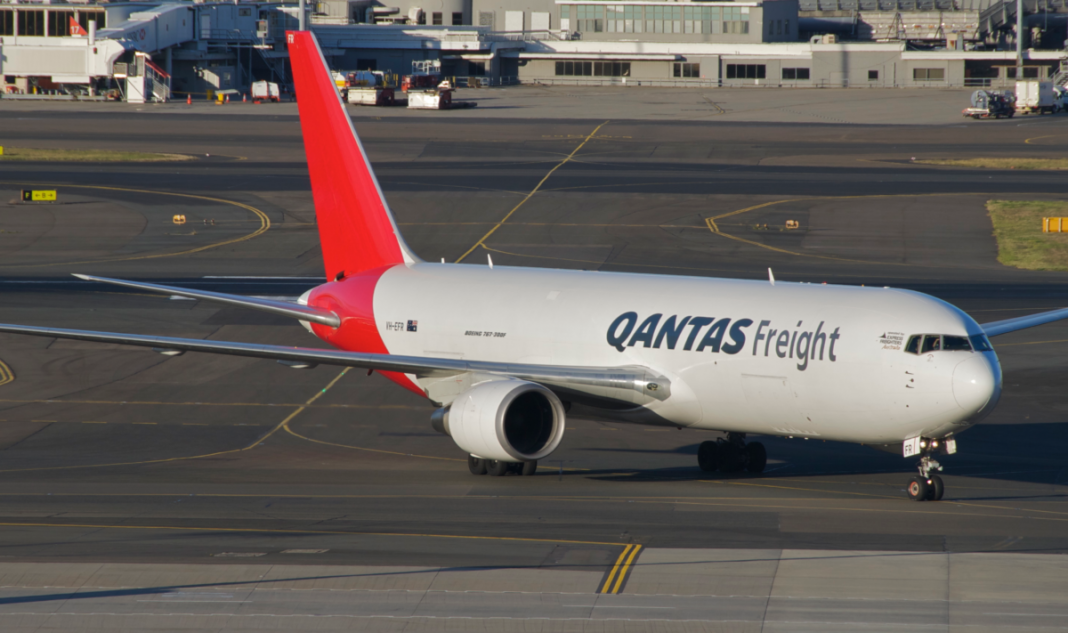Qantas has temporarily suspended operations at its freight terminal in Melbourne. The suspension follows advice from the Victorian Department of Health and Human Services after a spike in COVID-19 cases across Victoria’s capital city. The airline is working to resume freight operations as soon as possible.

Qantas says three workers at its Melbourne freight terminals tested positive for COVID-19. That alone would have paused operations. But at the same time, Melbourne has ground to a standstill amid an extended citywide lockdown and night-time curfews.
City locked down, freight terminal closed
Melbourne is in the middle of a second spike of COVID-19 cases. On Monday, there were 395 new cases. The State (Victorian) Government has responded with sweeping emergency directives, shutting down the city of five million people. Only essential services are still operating.
Other Australian states have sealed their borders to Victorians. In neighboring New South Wales, police forces and defense personnel manning the Victorian border are expecting to stay there until November.
While freight operations have the tick of approval from the Victorian Government to keep operation, these restrictions are causing havoc at Qantas.
Warehousing and distribution centers in Melbourne, such as Qantas’ freight terminals, will be limited to no more than two-thirds the regular workforce allowed on-site at any one time to prevent the spread of the COVID-19.

Another disruption for Qantas
Qantas does a lot of business flying freight around Australia. It has access to a dedicated fleet of freighters as well as the cargo holds of its passenger aircraft. Melbournians will be housebound for the next month and there will be a lot of online shopping going on. That will put pressure on facilities like the Qantas freight terminals – just at the time when they are undermanned.
Including Melbourne, there are 22 dedicated Qantas freight handling terminals worldwide. The airline sends freight to over 500 destinations from Melbourne.
Among a range of customers, Qantas has a significant contract with Australia Post to ferry mail and parcels around the country. In 2019, mail volumes carried on Qantas aircraft reached up to 400 tonnes a day. That’s just one customer. The pressure on centers like the one in Melbourne to keep the freight flowing is enormous. Disruptions and delays have flow-through effects for the entire supply chain.

Flights canceled, schedules pushed back
Approximately two months ago, the COVID-19 situation was looking rosier in Australia. While Qantas had no immediate plans to resume international flying, it was planning to step up domestic schedules. The airline had planned to be running at around 50% of its usual domestic capacity in August.
But the deteriorating situation in Melbourne has meant this target will not be achieved. It also means the usual schedule of passenger flights Qantas could put freight onto is not operating, putting further pressure on freight terminals and supply chains. In addition to cutbacks in domestic operations, freight normally stowed onto passenger flights to the United Kingdom, the United States, Asia, and across the Tasman remains disrupted.
Qantas says it is working with Victorian health authorities to re-open its Melbourne freight terminals as soon as possible.



